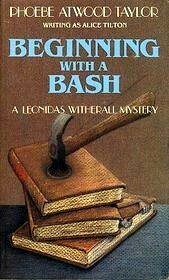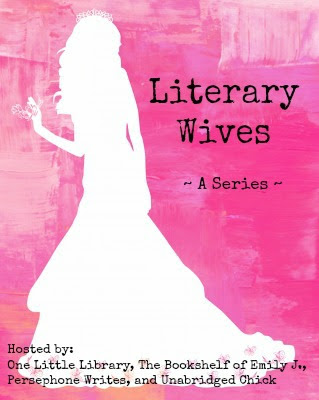I very much enjoyed the Tilton books I have read so far, especially for a certain wacky energy, so when I saw that Dead Ernest filled a hole in my Century of Books project, I looked for a copy. At first, this novel was almost too frenetic for me, but either it calmed down a bit or I got used to it.
Leonidas Witherall, Tilton’s amateur sleuth, is trying to finish one of his Lieutenant Haseltine adventure novels before his publisher goes crazy, so he has asked not to be disturbed. However, telegrams keep arriving that he doesn’t look at, people keep coming to the door, and his housekeeper, Mrs. Mullet, keeps trying to tell him things he refuses to listen to. Of course, we know he should at least be opening the telegrams and listening to Mrs. Mullet.
After Leonidas sends her home, two young men show up with a truck and try to deliver a freezer. Leonidas thinks they have the wrong address and sends them next door where new neighbors are moving in. The two men come back and say the neighbors don’t want it either, but Leonidas sends them away again after they tell him that a man fixing a tire beside the road paid them to deliver it. Later, he finds the freezer shoved into his kitchen. Inside is a leg of lamb, some haddock, and a body. Leonidas is horrified to recognize it.
Leonidas recently picked up some new offices and duties. One of them involves Meredith Academy, which was taken over by the Navy during the war. Now that the war is over, the Navy has handed it back without warning. This would normally not affect Leonidas, but he was willed the school by a friend and has decided to act as head at least for the meantime. He recognizes the body as that of Ernest Finger, whom he hired as French instructor the day before.
As soon as he discovers the body, the doorbell rings. It’s a girl dressed in violet who says she was sent for his birthday. And she is determined to stay for the time she was hired even when he tells her it is not his birthday. People keep coming over, and it’s all he can do to keep his nosy neighbor, Mrs. Havershaw, from opening the freezer. Once he gets rid of all of them except Terry, the girl, he tells her what’s going on and they decide to join forces.
As Leonidas keeps getting pulled into social engagements he’s forgotten about, he continues to investigate, ruling suspects out and gaining and losing partners as he goes. This novel is funny and entertaining, and the case is ridiculous. The perfect light reading.












